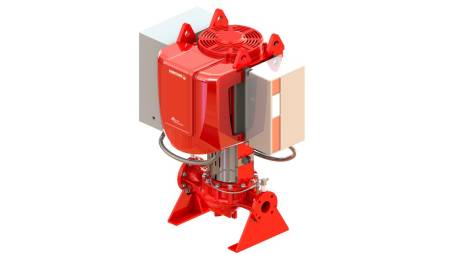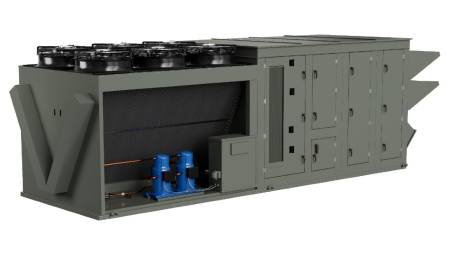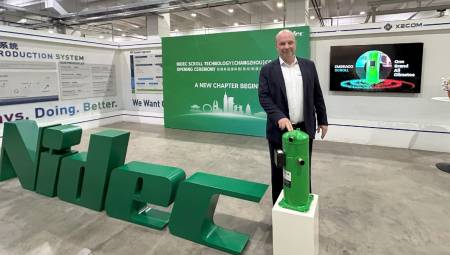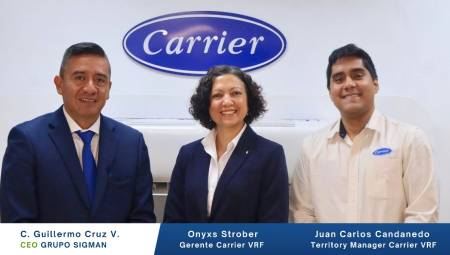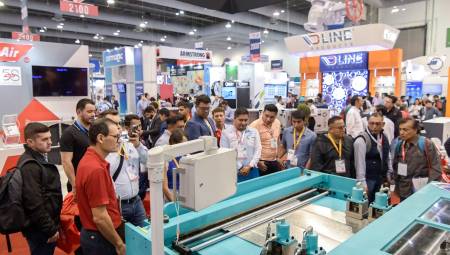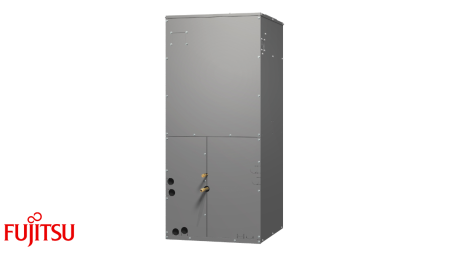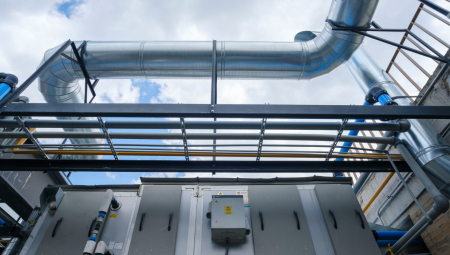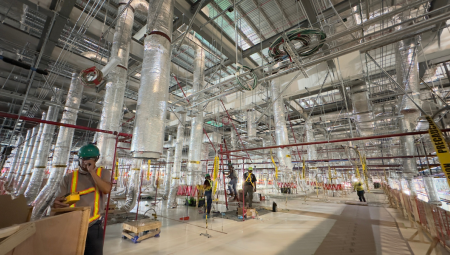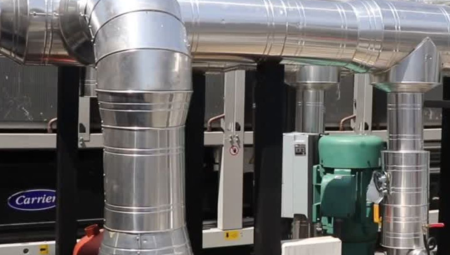 United States. The U.S. Environmental Protection Agency (EPA) has added three hydrocarbons as acceptable alternatives in domestic and small commercial refrigerators and freezers through the EPA's Significant New Alternatives Policy (SNAP) program.
United States. The U.S. Environmental Protection Agency (EPA) has added three hydrocarbons as acceptable alternatives in domestic and small commercial refrigerators and freezers through the EPA's Significant New Alternatives Policy (SNAP) program.
The EPA took action following requests from Ben and Jerry's and General Electric, as well as A.S. Trust & Holdings, and True Manufacturing, a small family business. These companies are helping to clear the way for U.S. companies to use ozone-depleting hydrocarbon refrigerants.
"Today's action is a great example of how businesses and EPA can work together to protect our planet and drive innovation," said Gina McCarthy, assistant administrator of EPA's Office of Air and Radiation. "This action increases effective, climate-friendly refrigerant options in the U.S."
Under the Clean Air Act, the SNAP program evaluates chemicals and substitute technologies for ozone-depleting substances (SDGs). The three hydrocarbon refrigerants approved as acceptable substitutes, with conditions of use, are propane, isobutane and R-441A. These newly approved refrigerants can be used to replace ozone-depleting chlorofluorocarbon (CFCs)-12 and hydrochlorofluorocarbons (HCFCs)-22 in domestic refrigerators, freezers, combination freezers, and standalone business units. SNAP is a program designed specifically to evaluate ODS substitutes and to focus on the industrial sectors that use them.
Replacing old refrigerants will reduce greenhouse gas emissions by an estimated 600,000 metric tons by 2020, equal to the annual electricity use emissions of nearly 75,000 homes, and help protect people's health and the environment.
At the recent 23rd Meeting of the Parties to the Montreal Protocol, the EPA and the U.S. Department of State announced that 108 countries signed a declaration to address hydrofluorocarbons (HFCs). While HFCs are substitutes for ODS, they increasingly contribute to climate change. Hydrocarbon approval in the U.S. is significant because hydrocarbons are greener substitutes than HFCs.




